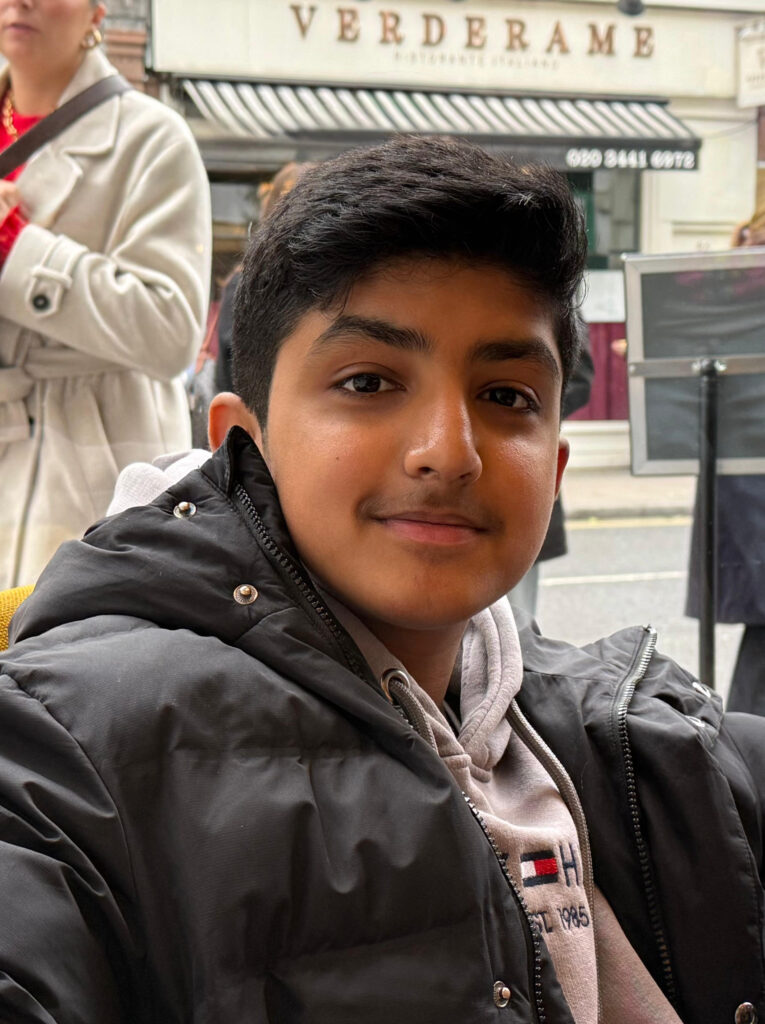Most people believe giraffes are quiet creatures – silent, elegant, swaying with the wind like living brushstrokes on the savannah. But what no human has ever discovered is that giraffes are born with a secret: at midnight, when the world is draped in shadow, they can talk to the stars.
But not with words. Instead, with a trembling hum that rises from the depths of their long necks, shimmering into the night sky. Each giraffe has a star-friend, a silent guardian of the heavens who listens to their questions, their wishes, their sorrow.
This is the story of Amari, whose star-friend was the brightest of them all: Sirius.
Amari always felt different from the other giraffes. While the others grazed lazily on thorny acacias, she would tilt her neck back, tracing constellations with wide, unblinking eyes. Her mother scolded her gently, “Careful, Amari. If you keep staring at the sky, you’ll forget the taste of the earth.”
But Amari could not help it. Her neck seemed to hum with curiosity, a vibration that tickled the air. At night, the hum would rise like smoke, curling into the dark, until the stars themselves trembled with anticipation. Still, even then, unease sometimes prickled her skin. The horizon glowed faintly where the humans lived, their stubborn lights pressing against the dark.
One moonless night, the hum grew louder. It thrummed through her veins until her whole body shivered and–
Whoosh!
A streak of golden light burst out of her mouth, spiraling upward into the silence.
“Finally,” a voice sparkled in her mind. “You’ve found me.”
Amari froze. “Who… who are you?”
“I am Sirius, your star-friend. And you, little dreamer, are not as ordinary as you think.”
From then on, Amari spoke with Sirius each night. She asked questions no giraffe had ever dared to ask.
“Why do humans build fires when the sun already gives them one?”
“Why does the moon hide her face sometimes, and show it other nights?”
“Do the stars get lonely, or are you too busy twinkling?”
Sirius answered, painting her mind with visions. He showed her stars being born in velvet clouds of dust. Comets racing across the heavens like children playing tag. Galaxies spilling colour into the dark like paint from an overturned jar.
Amari felt the beauty of it in her bones; the slow rhythm of the universe brushing against her heartbeat. But one night Sirius flickered. His voice trembled like a candle in the wind.
“Amari,” he said, “the humans are reaching too far. Their fires, their lights. They drown us. Soon, we may no longer hear you, and you may no longer hear us.”
Amari’s heart ached. The constellations did seem dimmer, their hum weaker than before. The thought of silence where there had been conversation and laughter left a hollow feeling in her chest no acacia leaf could ever soothe.
***
The next morning, Amari did something no giraffe had ever done: she left the herd. She wandered to the edge of the savannah, where villages glimmered with flickering artificial lights, where the hum of machines smothered the crickets and the whispers of the wind.
At the fence, children spotted her and gasped. One exclaimed, “The giraffe is bowing her head!”
Amari lowered her neck until her eyes met theirs. She could not speak their language, but she hummed. She hummed and the vibration ran through the soil, into the children’s feet, climbing their legs until it filled them with warmth and an unnameable wonder.
They laughed, entranced. Adults came running, drawn by the hum, by the tremor that seemed to shake the air itself. They tilted their faces toward her, blinking, and for a moment they remembered the stars.
Then the magic began to work. The villagers switched off their lights. One by one, windows darkened. The sky unfolded, black and infinite, spattered with sparks, and Amari felt it – Sirius twinkling back, brighter than ever.
She lifted her neck higher than ever before. Her hum spilled into the night, falling over the village like misty rain. It tangled with Sirius’ glow, spun across the sky, and the children opened their mouths in awe, hearts beating with the rhythm of a world they had almost forgotten.
From that day forward, the villagers called her Nyota, “star” in Swahili. Travelers came from far away to see the giraffe who sang to the heavens, who reminded humans that the night belonged not just to lightbulbs and screens, but to infinite, listening skies.
No scientist could ever explain her gift. But sometimes, when the wind stills and the stars blaze clear, a soft hum rises on the breeze. And if you listen (really listen) you might hear the faint, quivering voice of a giraffe, carrying the memory of countless nights under the stars.
And the stars answer.
Written by Ayaan Iqbal from London, United Kingdom

